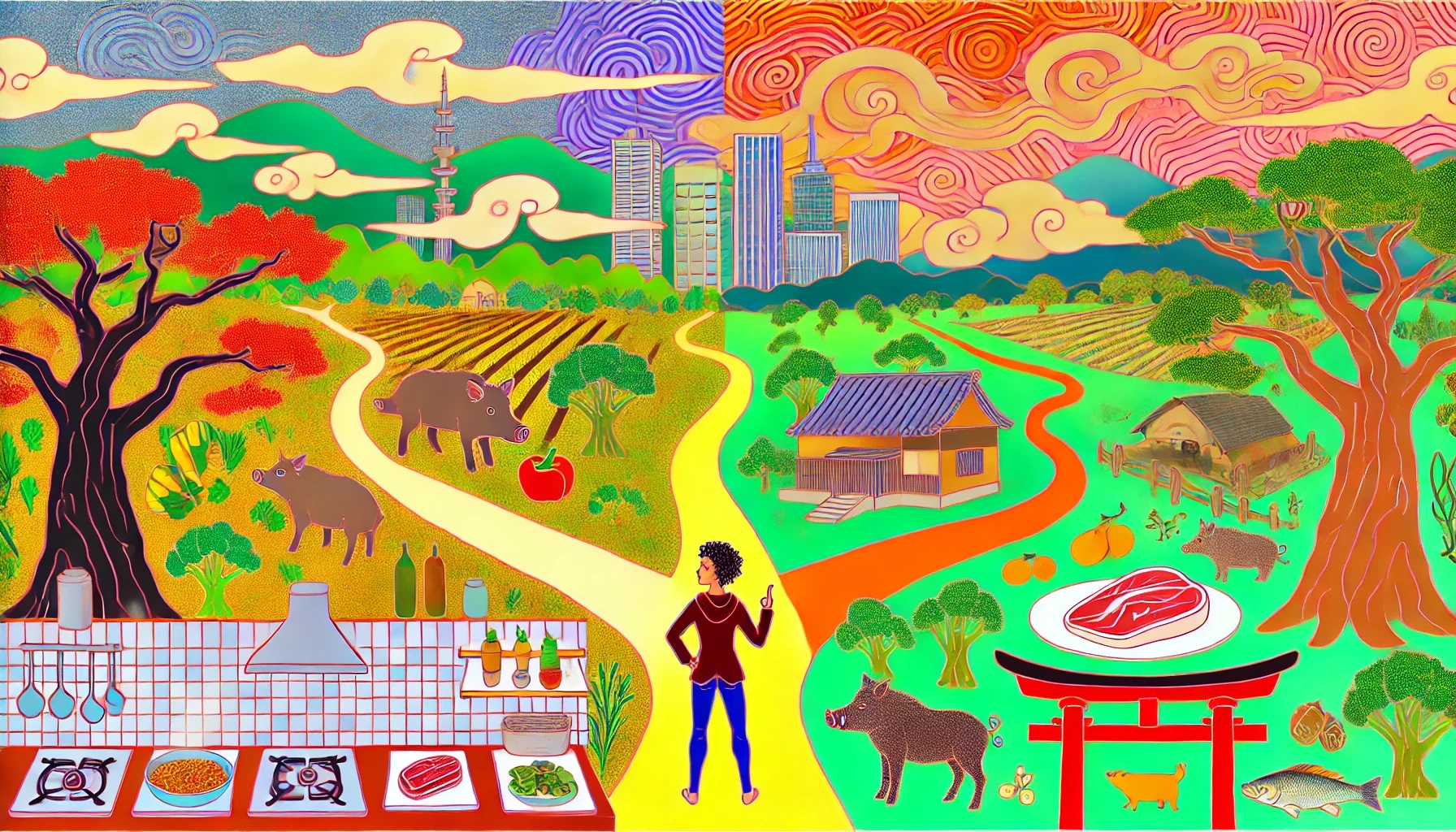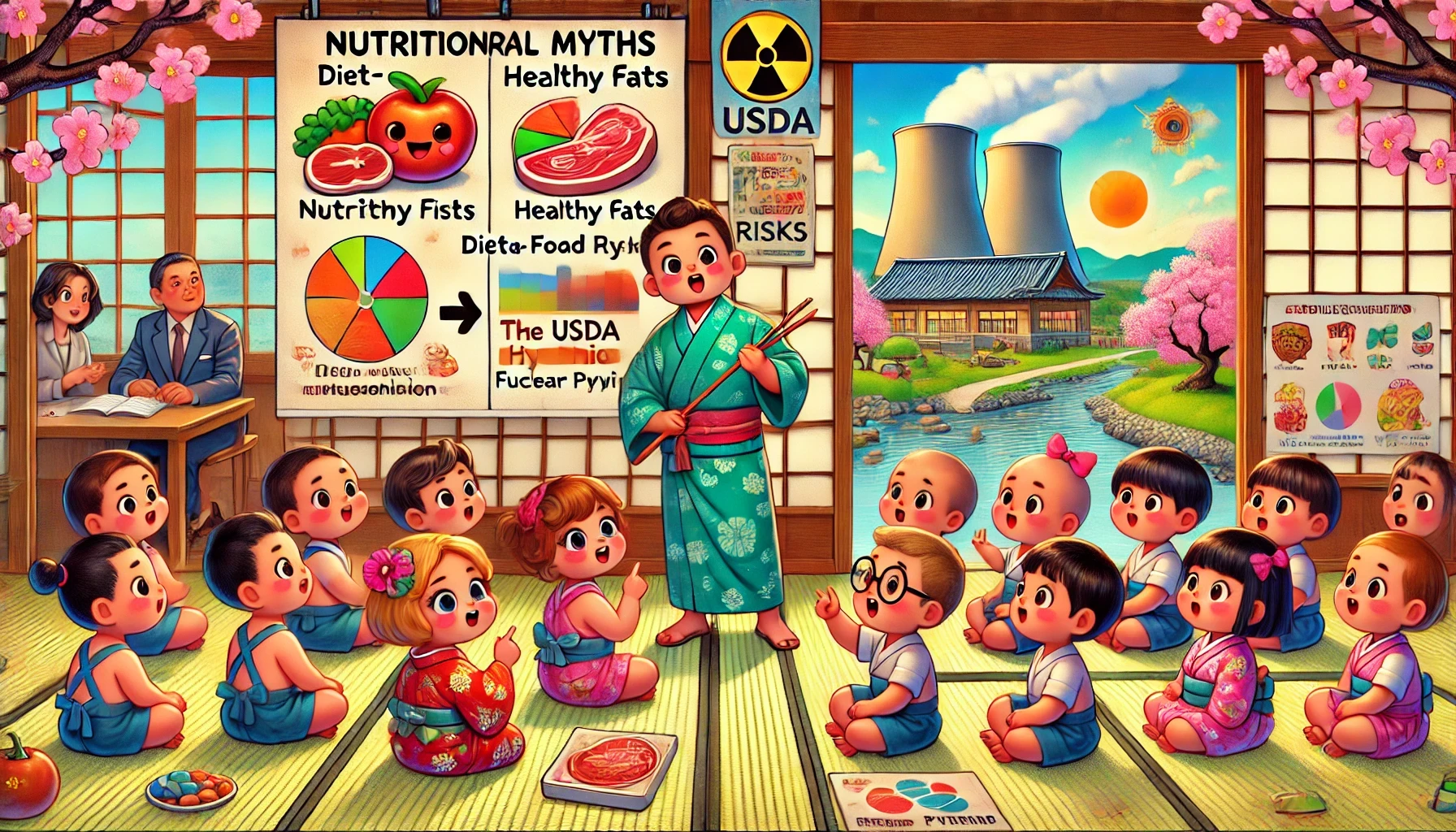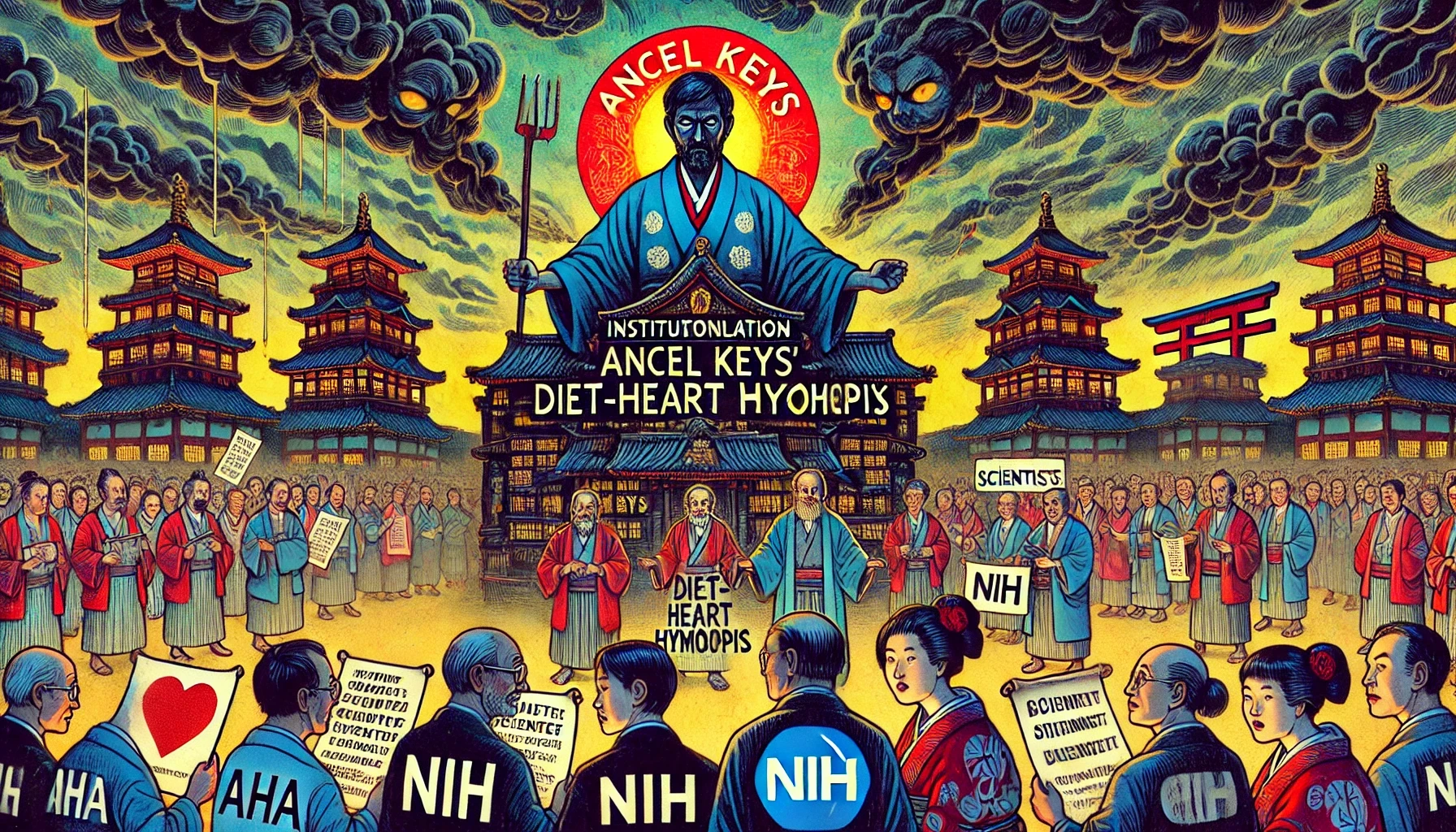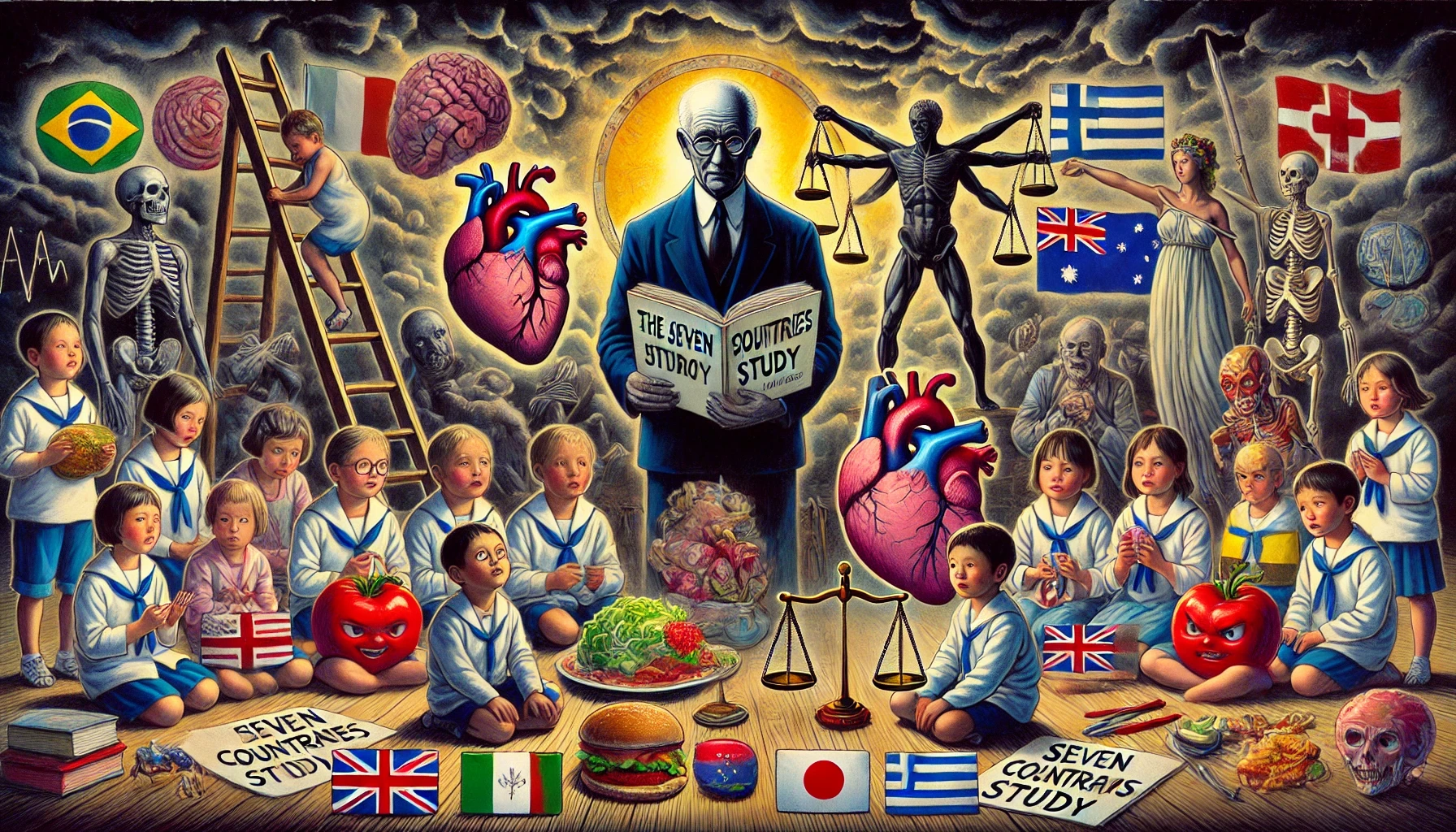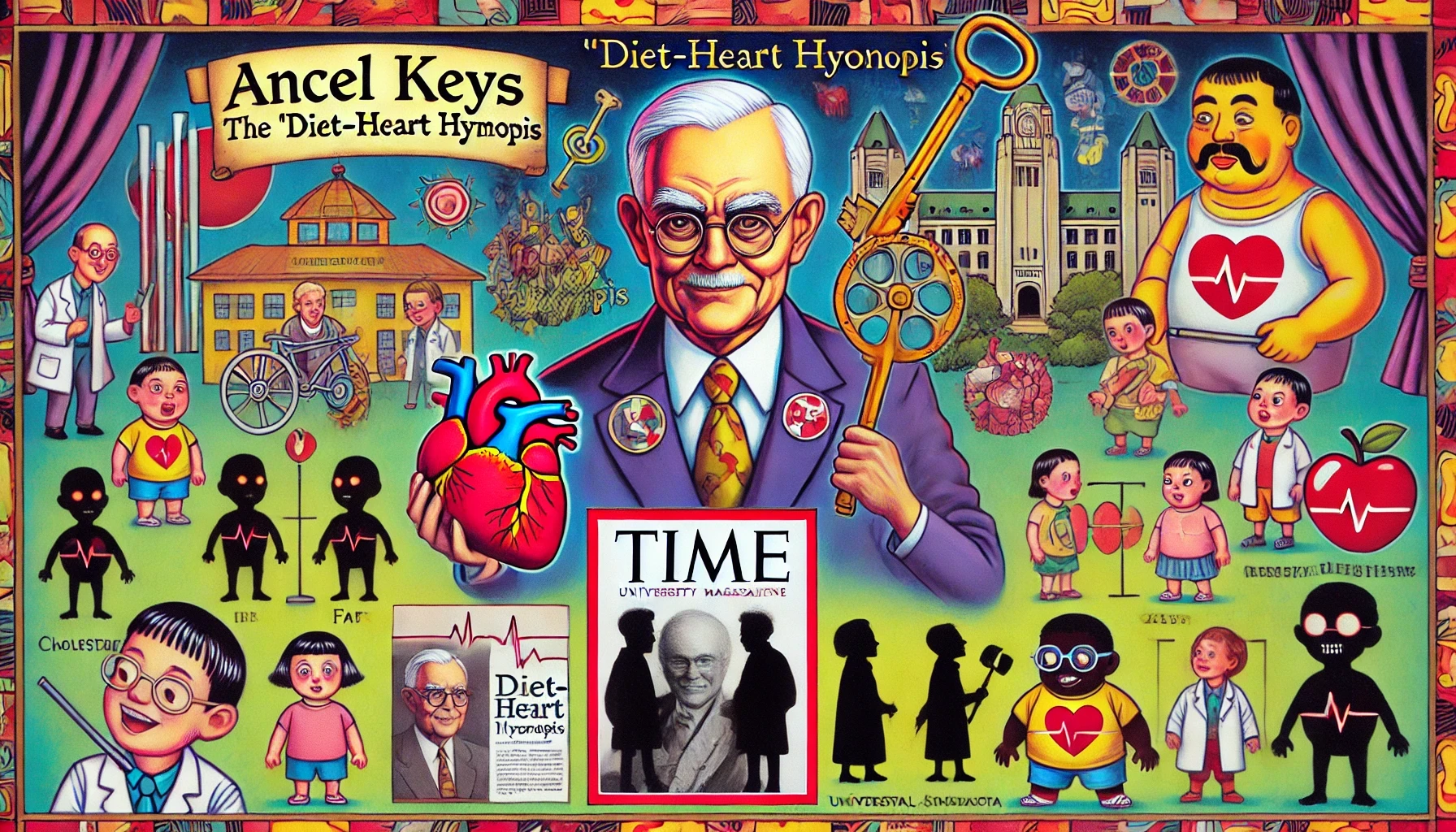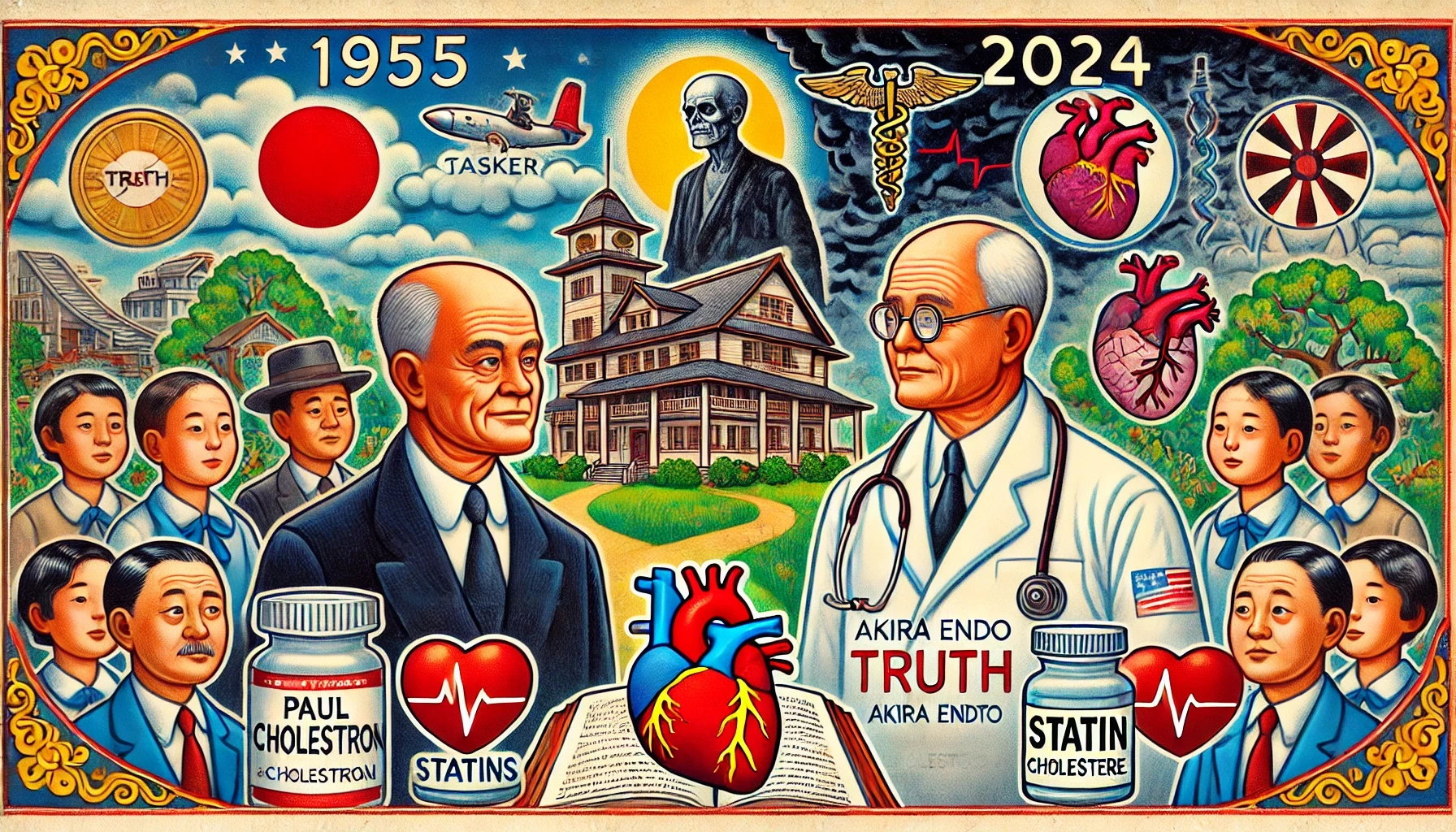ZENPTY.
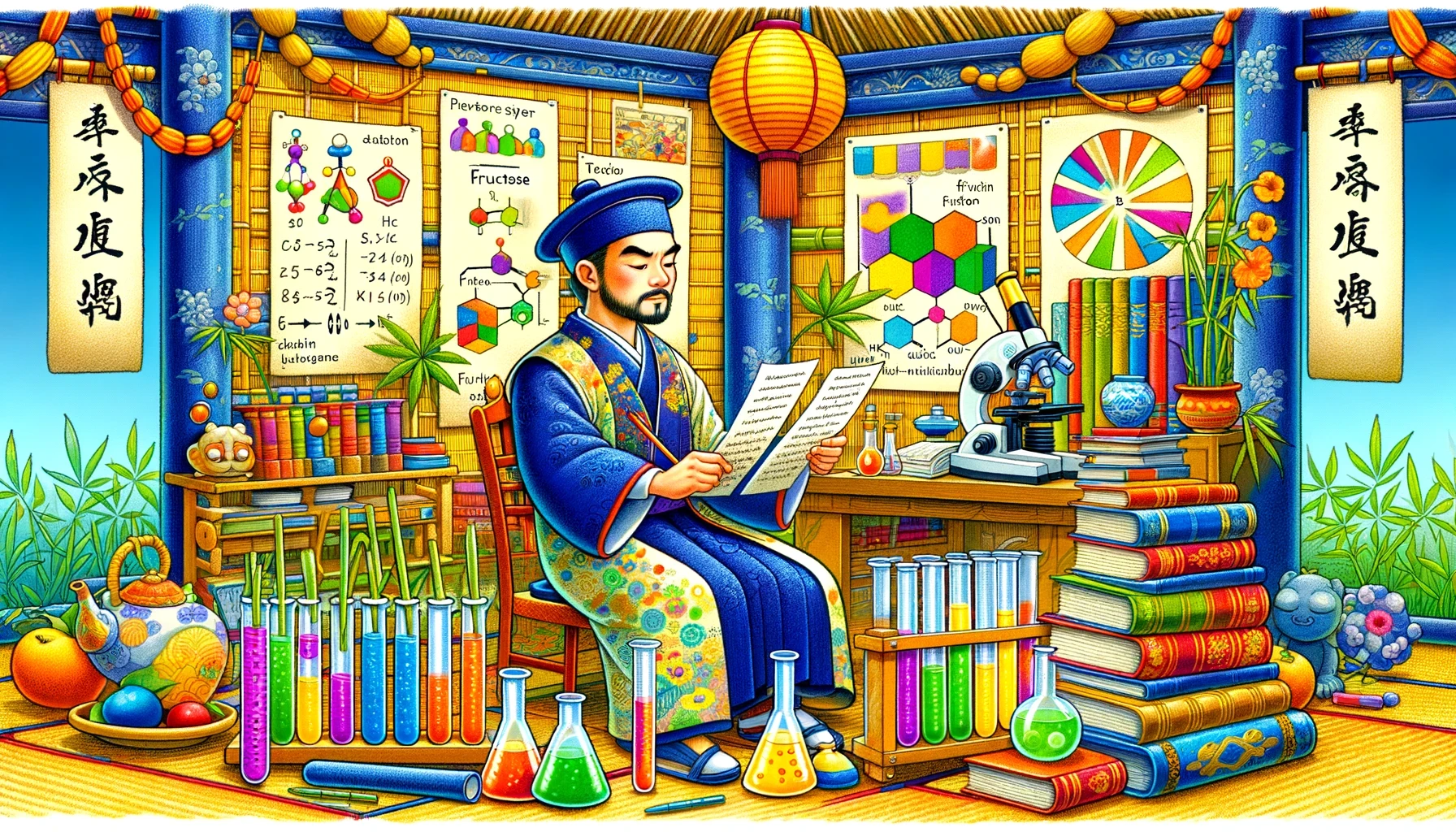
Rethinking Sugar: A Deep Dive into Honey, Health, and Controversy
Jun 10, 2024
Before diving into "The Ancestral Diet Revolution," I was convinced, like many others, that sugar was the root of numerous modern metabolic issues, thanks in part to Dr. Lustig's presentations. While it's undeniable that excessive sugar consumption isn't beneficial, I've now come to realize that vegetable oils, especially when combined with sugar, might be just as detrimental to our health over time.
But is my current understanding accurate? In my journey through health and nutrition, one thing has become clear: these fields are rife with misinformation and biases fueled by personal and corporate agendas. A scientific approach demands testing one's understanding against opposing viewpoints. Enter the book "The Forefront of Natural Honey Therapy: Prescription for the Post-Total Vaccination Era" by Dr. Hiroyuki Sakitani and Yoko Arima.
The book's central thesis is that honey is beneficial to health and can even aid in treating illnesses with viral symptoms, including those from COVID. This idea isn't revolutionary. However, what distinguishes this book is its robust scientific backing, with 717 citations of scientific literature across 334 pages. Dr. Sakitani doesn't shy away from controversy either. On page 136, he critiques "Robert H. Lustig, Ph.D., who ignored these important real sciences and spread the 'fructose is bad' theory,” asserting that uric acid produced by fructose intake is linked to metabolic syndromes like high blood pressure. Dr. Sakitani boldly states that he consumes around 500 grams of sucrose (from honey, fruits, and brown sugar) daily, claiming that uric acid, rather than causing gout or metabolic syndrome, plays a crucial role in preventing chronic diseases.
As I read through the book, I encountered many claims that challenged my previous beliefs. Is Dr. Sakitani a genuine scientist challenging the status quo, or is he another figure capitalizing on controversy to promote his products?
More importantly, I wanted clarity on sugar. Is it healthy and necessary, and if so, how much should we consume?
To find answers, I delved into the book and reviewed 51 research papers from its references. Let's explore.
Firstly, Dr. Sakitani’s take on fructose and uric acid levels: High uric acid in the blood is associated with gout and conditions like metabolic syndrome. There's concern that fructose might increase uric acid. Dr. Sakitani cited a meta-analysis of 21 studies involving 425 people, showing that in isocaloric studies (where participants swapped other carbs with fructose without increasing calorie intake), fructose didn’t affect uric acid levels. However, in hypercaloric studies (where extra calories from fructose were added), high doses of fructose significantly increased uric acid in participants without diabetes. This nuance supports both Dr. Sakitani’s and Dr. Lustig’s claims to some extent.
Another intriguing aspect was the “Conflict of Interest Statement” in the study, revealing ties to numerous food and beverage companies. This raised questions about the impartiality of the research. Dr. Sakitani's reliance on such studies was puzzling, given the potential biases.

Dr. Sakitani’s personal consumption of 500 grams of sugar daily was astonishing. To put this into perspective, it equates to nearly 13 cans of Coke a day! He argues that sugar isn't addictive or harmful in chronic intake but rather promotes health, citing various studies. However, many of these studies focus on artificial sweeteners, funded by the beverage industry, raising further doubts about their conclusions.
Ultimately, I couldn't find convincing evidence that consuming large amounts of sugar is beneficial to health. Dr. Lustig’s "Sugar, the Bitter Truth" still resonates more with me. As much as I love sugar, I’m not increasing my intake to 500 grams a day following Dr. Sakitani’s example. However, Dr. Sakitani has many other intriguing points worth exploring. In our next discussion, we'll delve into his views on dieting and sugar. Stay tuned and keep it sweet!
Source: Unless otherwise noted, all data in this article comes from "The Forefront of Natural Honey Therapy: Prescription for the Post-Total Vaccination Era" by Hiroyuki Sakitani, M.D., and Yoko Arima. All translations from the book are done using Google Translate.
A Carnivore Journey: How Letting Go of Carbs Opened New Doors
Nutritional Myths and Nuclear Risks: The Parallel Stories of Regulatory Capture
Silencing Dissent: How Ancel Keys' Hypothesis Dominated Nutrition Science
Ancel Keys and the Diet-Heart Hypothesis: A Deep Dive into Flawed Science
Unmasking the Villain: Ancel Keys and the War on Saturated Fat
From Eisenhower to Endo: The Evolution of Heart Health Myths

